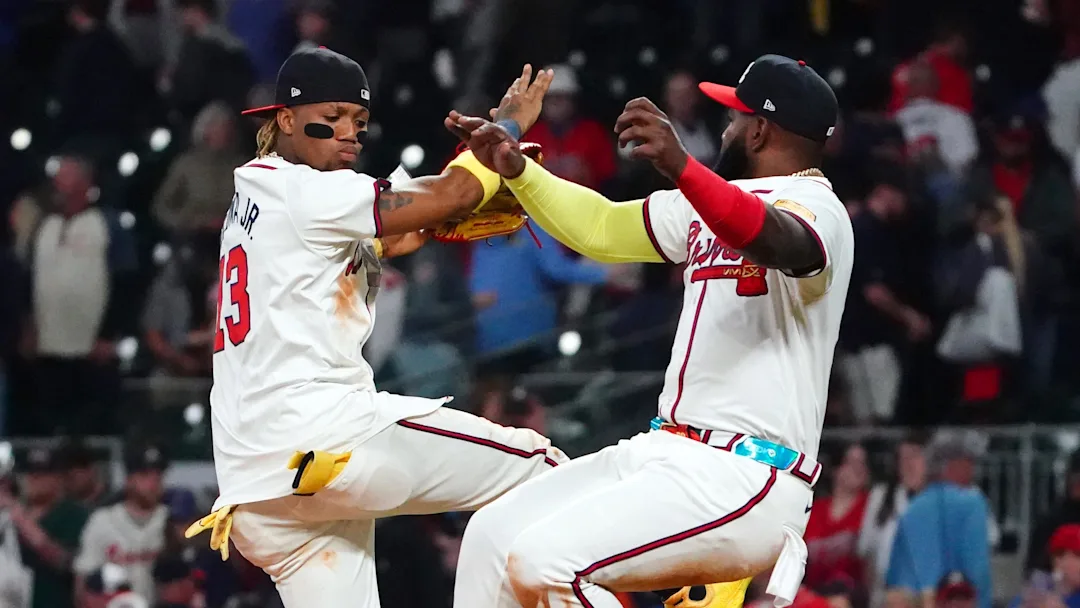The summer’s mass protests against racism sparked a nationwide reevaluation of Native American-themed names, mascots, and logos in sports. Critics argue that these portrayals perpetuate offensive stereotypes, caricatures, and even slurs. As a result, major franchises, including the Washington Redskins and Cleveland Indians, have decided to drop their longstanding monikers. Meanwhile, teams like the Kansas City Chiefs, Atlanta Braves, and Chicago Blackhawks have opted for smaller adjustments while defending their branding. Native American leaders and advocates have long called for such changes, viewing these representations as harmful and disrespectful to their communities.
This movement signifies a turning point in American sports culture, as teams grapple with their historical depictions of Native Americans. Organizations like the Change the Mascot campaign applaud the growing momentum, urging franchisees to eliminate mascots and imagery rooted in stereotypes. The following sections examine how key teams have responded to the call for change and the broader implications for inclusivity and respect in sports.
Cleveland Indians
Cleveland’s Major League Baseball team also decided to drop its “Indians” name after more than a century of use. Team owner Paul Dolan announced in December that the organization would begin the process of selecting a new name to better reflect inclusivity and social progress. The team will continue using the Indians name and branding until a new identity is finalized.
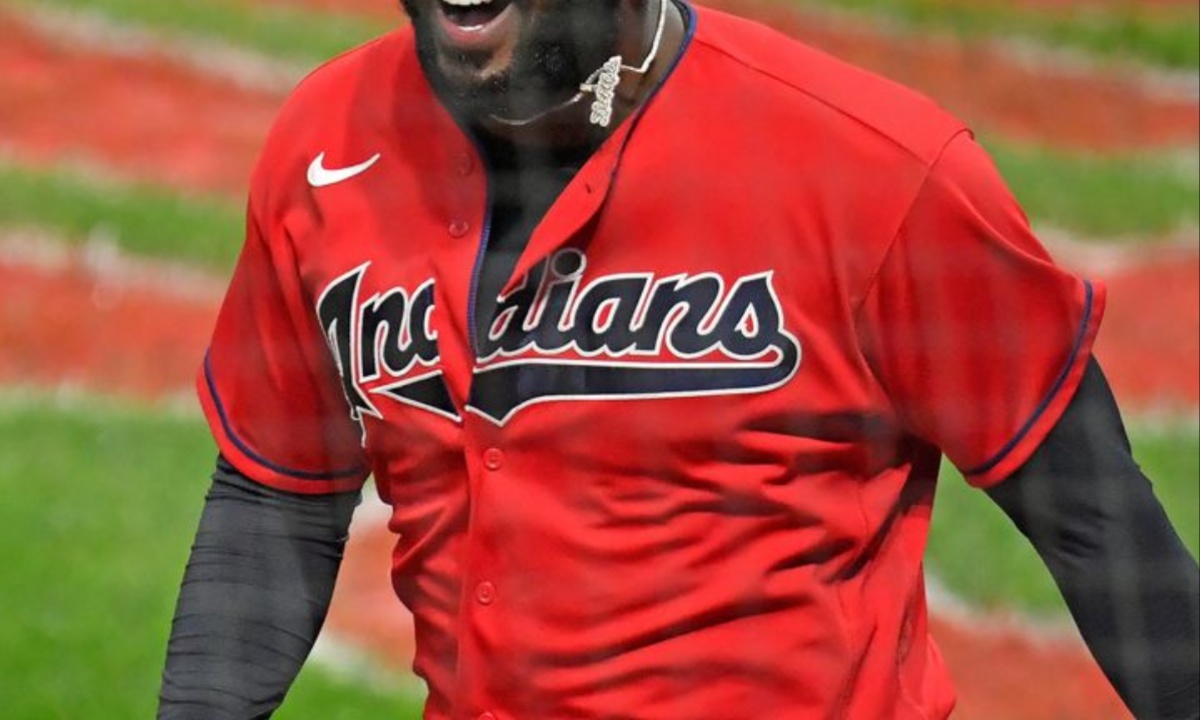
The decision follows years of criticism and the team’s earlier removal of the “Chief Wahoo” logo, a caricature deemed offensive by many. Although the exact origin of the “Indians” name is debated, it has historical ties to both the Boston Braves and Native American baseball player Louis Sockalexis. The team emphasized its commitment to social justice, noting that recent protests underscored the importance of evolving as an organization.
Washington Football Team
The Washington Football Team, formerly known as the Redskins, became one of the first franchises to act. Following years of criticism over the use of what Native American groups called an ethnic slur, the team announced in July that it would retire the name and logo. The decision followed mounting pressure from sponsors, including FedEx, which owns the naming rights to the team’s stadium.
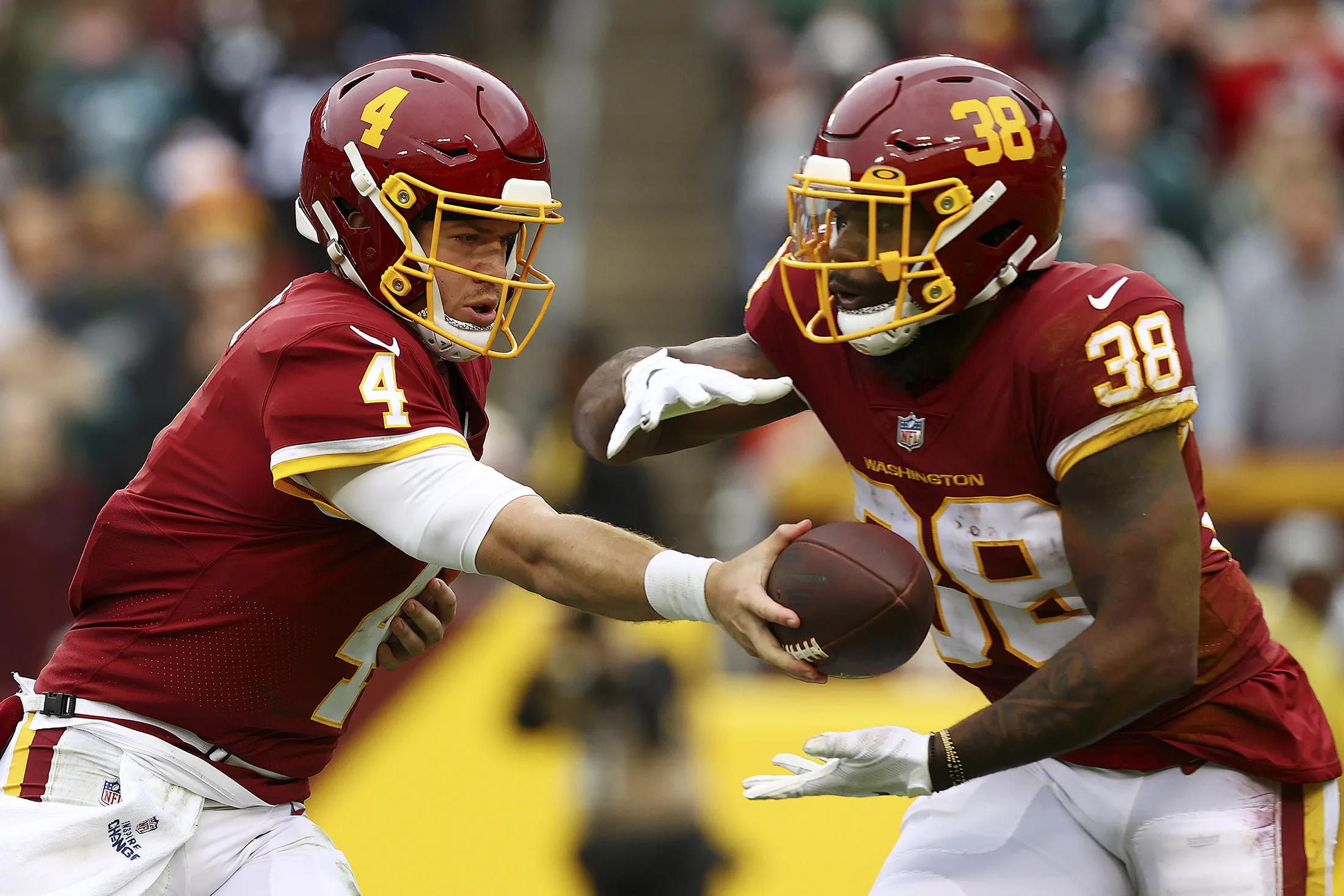
The franchise adopted the temporary name “Washington Football Team” for the 2020 season while deciding on a permanent replacement. The move also marked a break from the controversial legacy of George Preston Marshall, the team’s founder, who resisted integrating the NFL. Efforts to remove Marshall’s name from monuments and stadium facades further underscored the team’s commitment to distancing itself from a problematic past.
Chicago Blackhawks
The Chicago Blackhawks have resisted calls for a name change, arguing that their branding celebrates the legacy of Chief Black Hawk of Illinois’ Sac and Fox Nation. The NHL team has banned fans from wearing Native American headdresses at games and emphasizes its commitment to educating the public about Indigenous cultures.
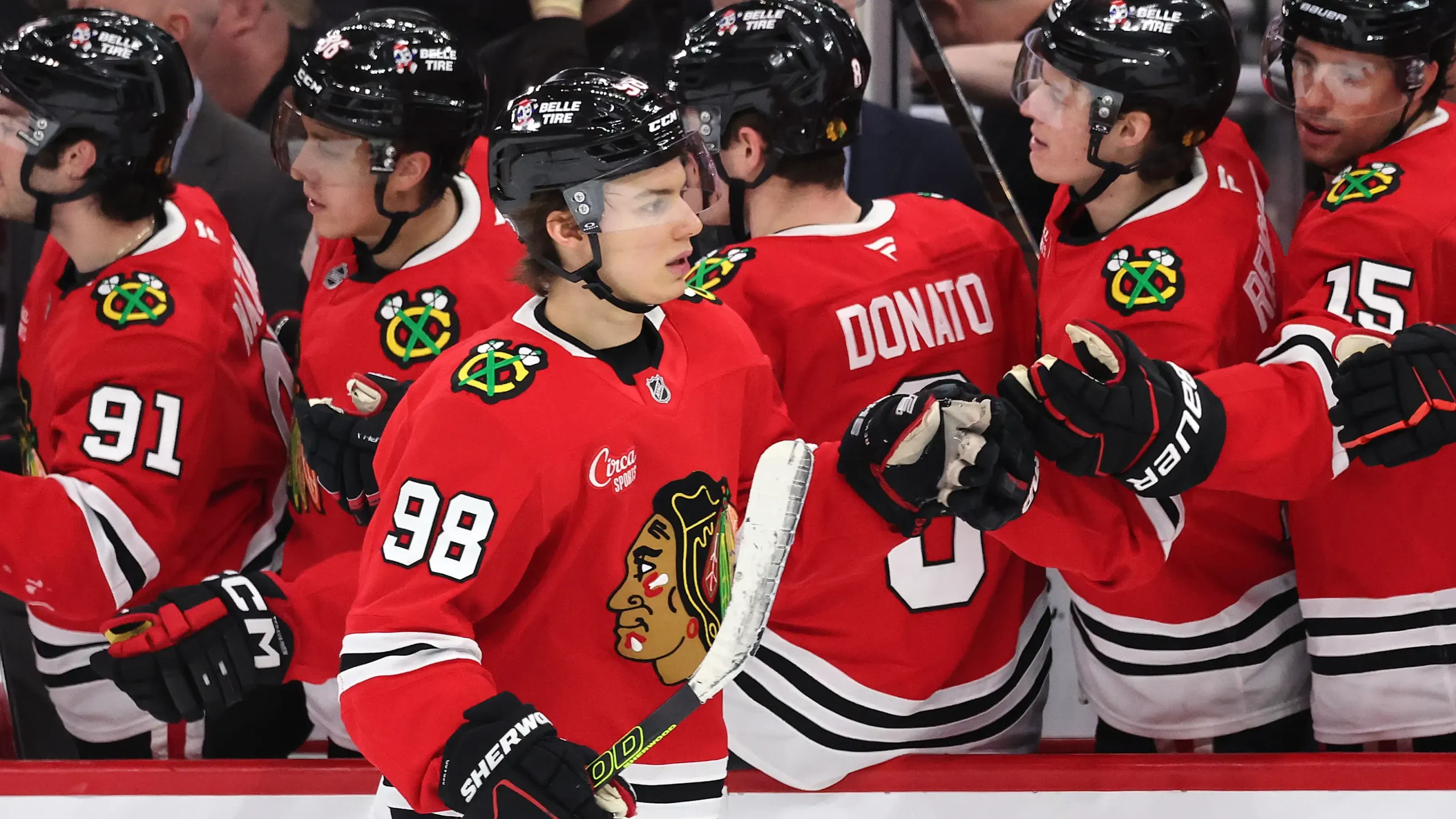
The Blackhawks’ mascot, Tommy Hawk, and the team’s logo have drawn scrutiny from critics who view them as perpetuating stereotypes. While the organization has partnered with Native American groups in the past, some organizations, such as the American Indian Center of Chicago, have severed ties, citing the perpetuation of harmful imagery.
Kansas City Chiefs
The Kansas City Chiefs have taken a more cautious approach, implementing changes to traditions without altering their name. In August, the NFL team banned fans from wearing Native American-style headdresses and face paint in the stadium. The organization also began reviewing controversial practices such as the tomahawk chop and the use of drums during games.
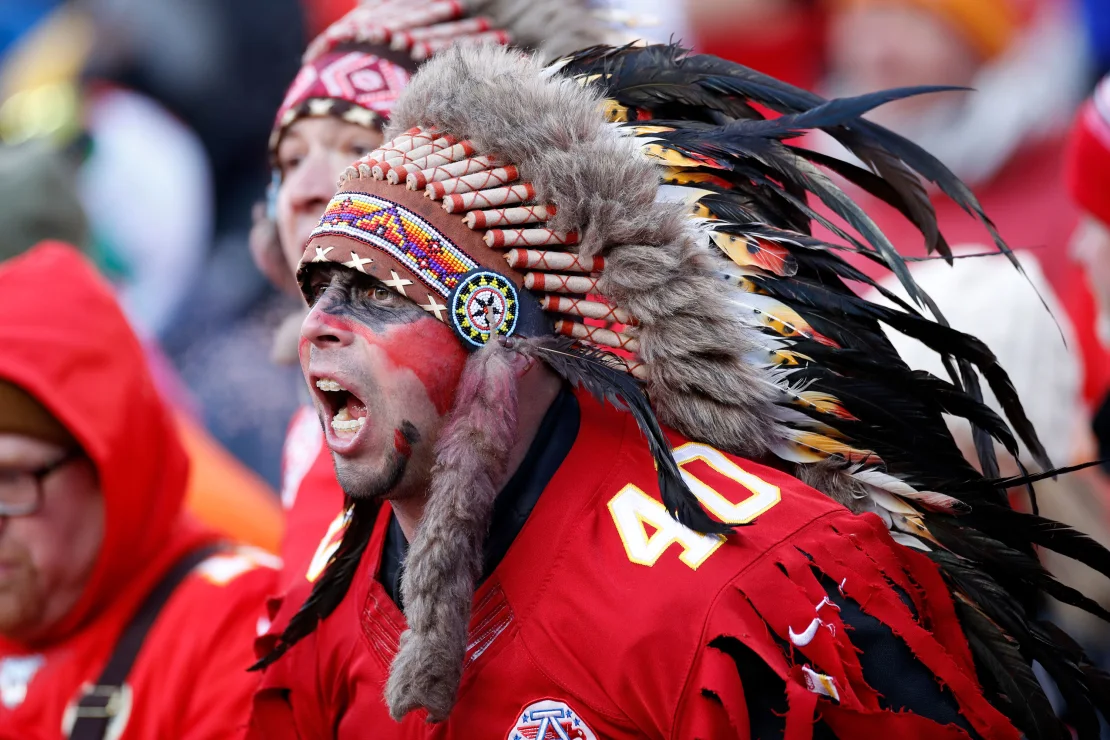
The Chiefs’ name originates from Harold Roe Bartle, a former Kansas City mayor who was nicknamed “Chief” despite not being Native American. While the team has engaged with local Native American leaders to raise awareness and celebrate Indigenous cultures, critics argue that the continued use of the name and associated imagery perpetuates stereotypes.
Atlanta Braves
The Atlanta Braves have defended their name and logo, asserting that they honor Native American culture and maintain strong ties with Indigenous communities. While the team has not committed to a name change, it has collaborated with Native American groups to amplify their voices and promote awareness of their heritage.
However, the team’s practices, such as the tomahawk chop and its tomahawk-themed logo, have drawn criticism. Tribal leaders and players like Ryan Helsley of the Cherokee Nation have labeled these actions as inappropriate and disrespectful. Despite this, the Braves have doubled down on efforts to support Native American communities through initiatives and partnerships, including the creation of educational merchandise.
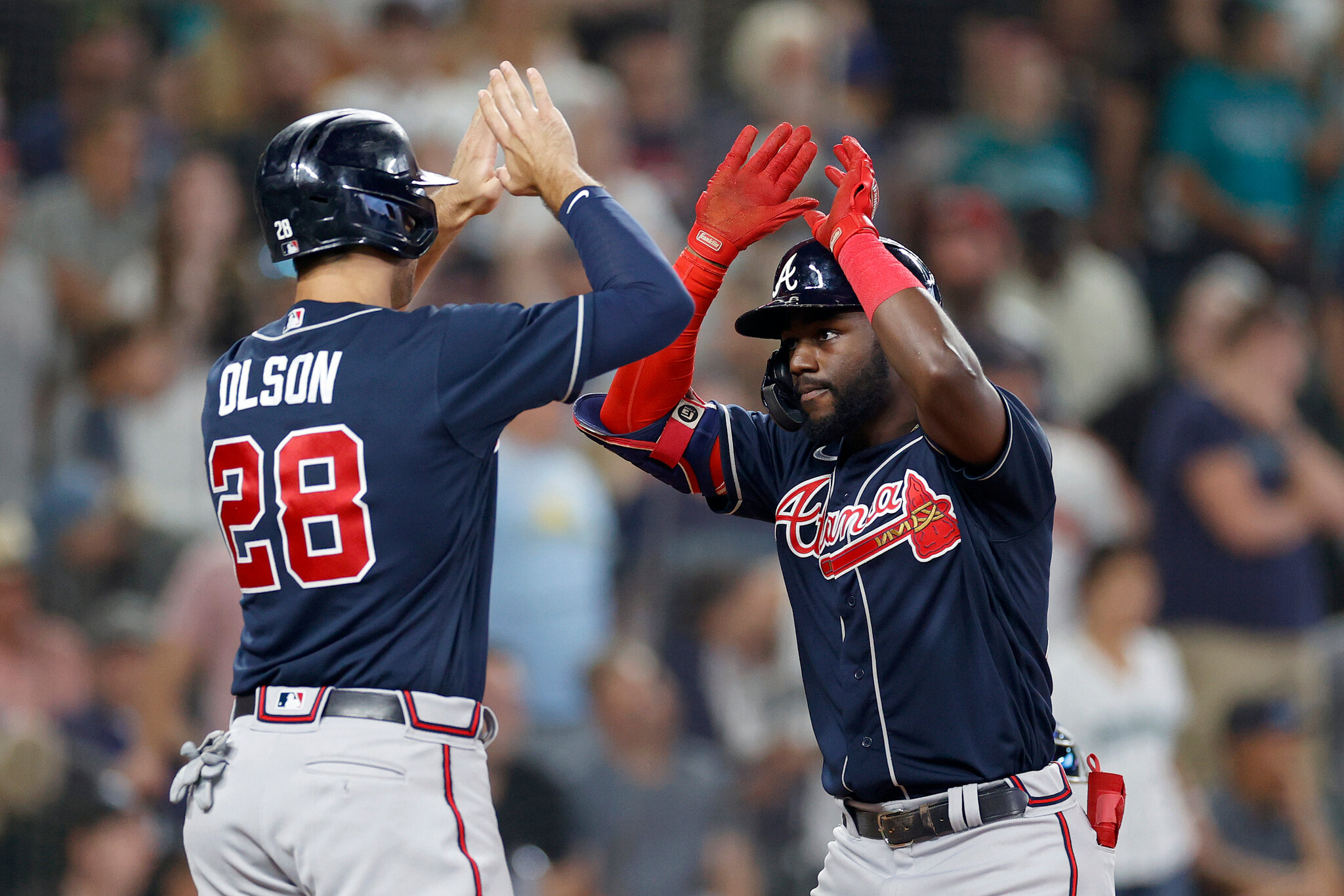
The debate over Native American-themed sports branding represents a broader cultural shift in addressing systemic racism and stereotypes. Teams like Washington and Cleveland have taken significant steps to distance themselves from offensive portrayals, signaling progress in the fight for inclusivity. However, franchises like Kansas City, Atlanta, and Chicago have opted for incremental changes, sparking continued debate over the appropriateness of their branding.
This moment offers an opportunity for reflection and meaningful dialogue between sports organizations and Native American communities. As the conversation evolves, it challenges the broader sports culture to reconcile tradition with the need for respect and representation. The choices made by these teams will likely set a precedent for others grappling with similar issues, shaping the future of inclusivity in American sports.
